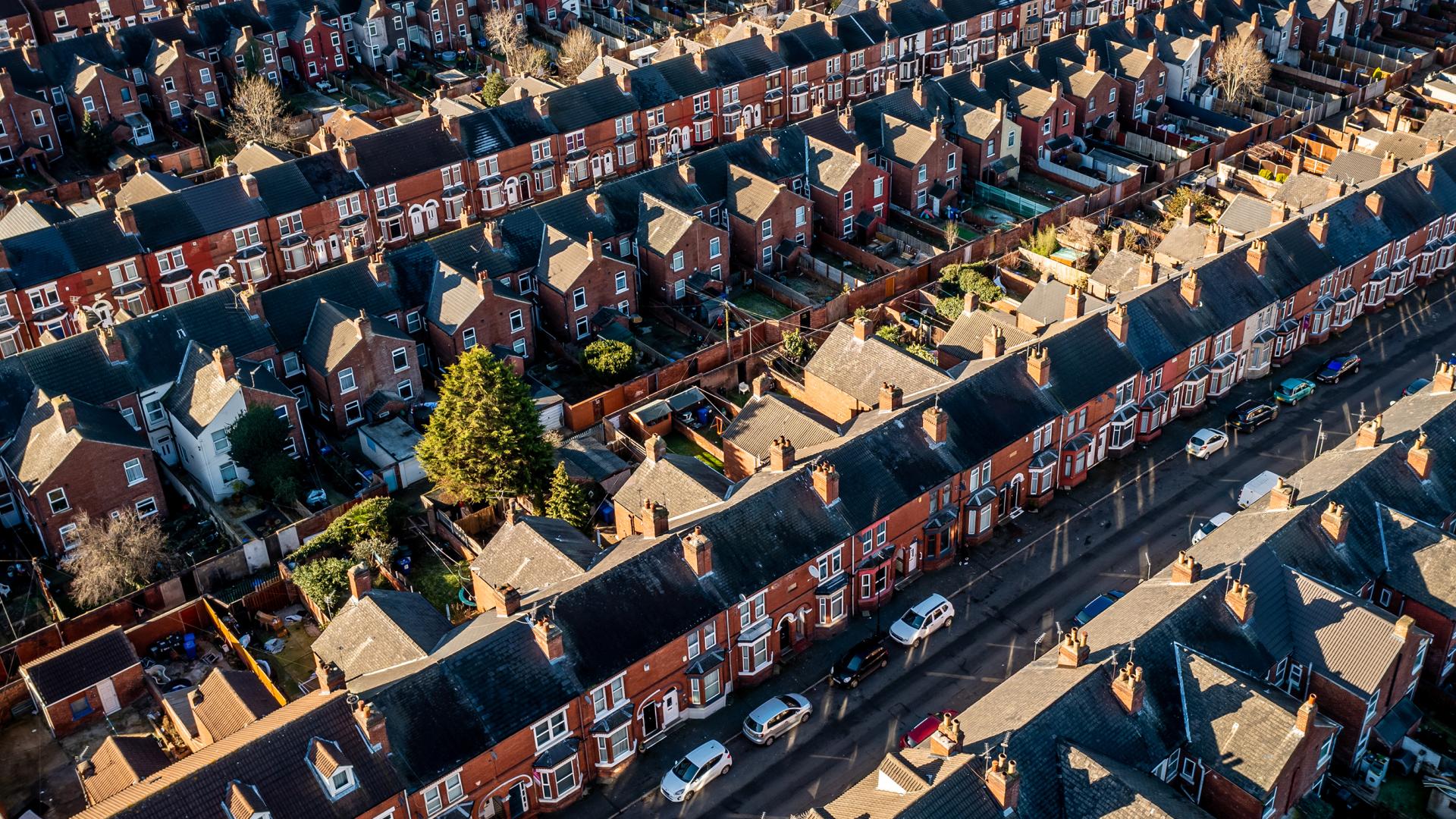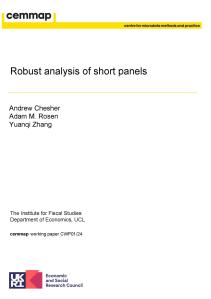
Since 2019, 'levelling up' has been at the forefront of the political agenda - but is inequality between places really Britain’s biggest problem?
Subscribe now: Apple Podcasts | Spotify | ACAST | Stitcher | YouTube | Google Podcasts | RSS
Since 2019, we’ve all heard a lot about levelling up. It makes sense that our politics is centered around it - of all types of inequality, the public seems most concerned about the geographical sort.
But do the numbers back this up? How much of Britain’s inequality is generated by differing fortunes in different parts of the country? And what might an effective “levelling up” agenda look like?
In this episode, we speak to Xiaowei Xu, Senior Research Economist at IFS, James Banks, Professor of Economics at Manchester University.
Zooming In: discussion questions
Every week, we share a set of questions designed for A Level economics students to discuss, written by teacher Will Haines.
- What is meant by the economic term 'agglomeration externalities'?
- Explain how differences in educational attainment impact average wages in places.
- Evaluate the impact of one government policy to improve the supply of skills and one government policy to improve the demand for skills in reducing inequality between places.
Related content
Host

Economics Columnist Financial Times
Participants

Senior Research Economist
Xiaowei joined the IFS in 2018 and works in the Income, Work and Welfare sector.

CPP Co-Director
James is Senior Research Fellow and Professor of Economics at Manchester, working on broad issues in the economics of retirement, savings and health.
Podcast details
- DOI
- 10.1920/pd.ifs.2023.0013
- Publisher
- Institute for Fiscal Studies
More from IFS
Understand this issue

Sure Start achieved its aims, then we threw it away
15 April 2024

Social mobility and wealth
12 December 2023

Public investment: what you need to know
25 April 2024
Policy analysis

Living standards since the last election
21 March 2024

Major challenges for education in Wales
21 March 2024

Sliding education results and high inequalities should prompt big rethink in Welsh education policy
21 March 2024
Academic research

Labour market inequality and the changing life cycle profile of male and female wages
15 April 2024

There and back again: women’s marginal commuting costs
2 April 2024

Robust analysis of short panels
8 January 2024